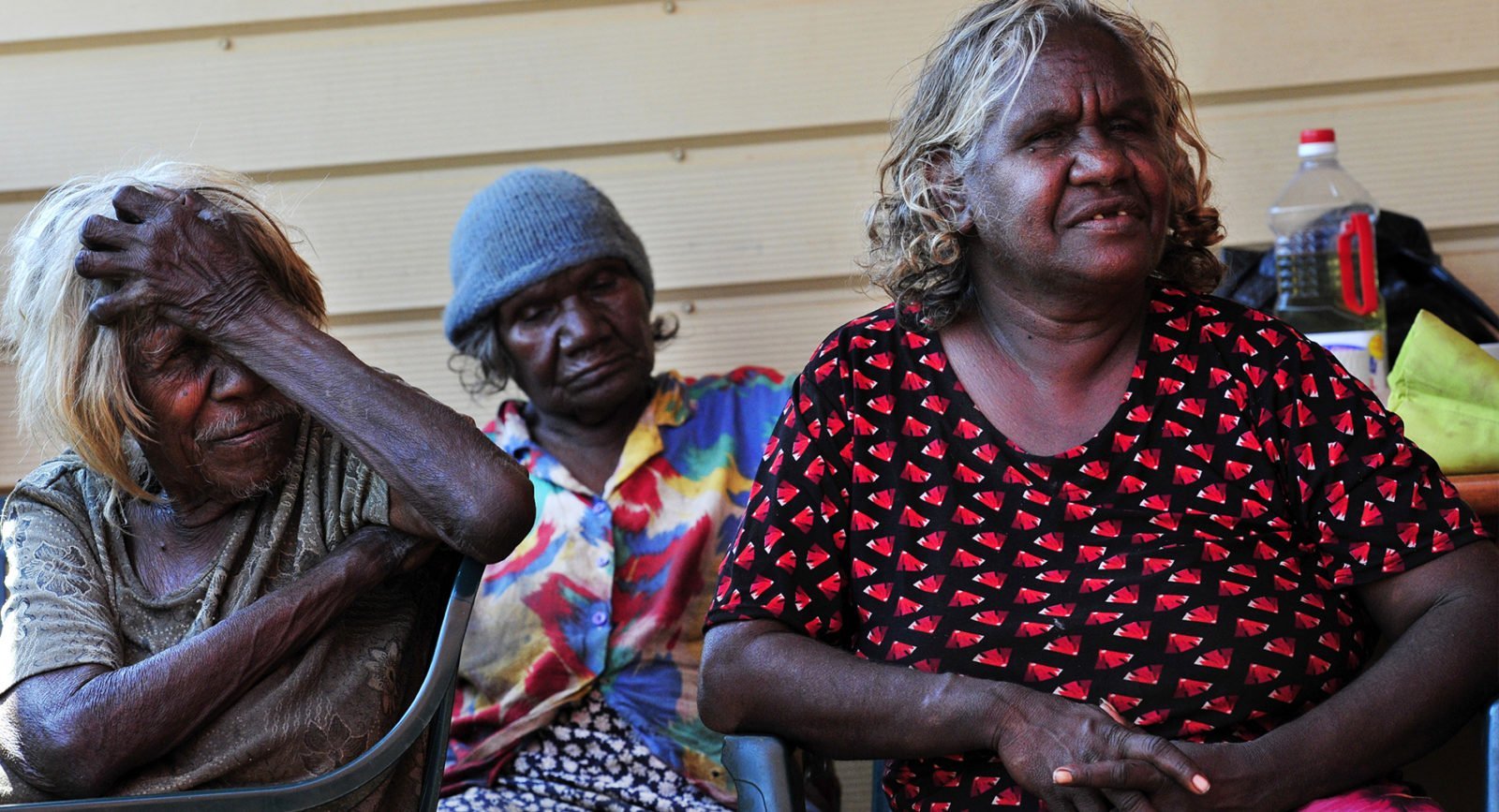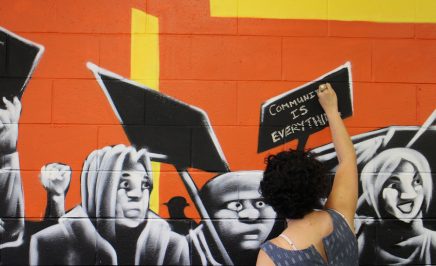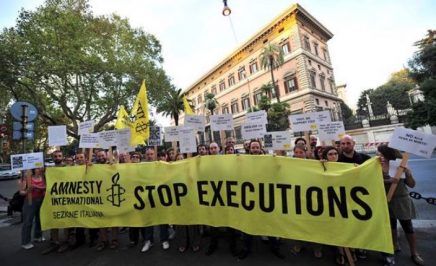Amnesty International condemns a decision to cut funding to Aboriginal Legal Services, at a time when Indigenous incarceration rates continue to rise, in a major blow to ending Indigenous inequality.
The Federal Government has confirmed cuts to the National Aboriginal and Torres Strait Islander Legal Services (NATSILS), the national peak body for Aboriginal and Torres Strait Islander Legal Services (ATSILS).
Indigenous incarceration rising
“Aboriginal people make up just over 2 per cent of the population but over 28% of Australia’s prison population,” said Rodney Dillon, Amnesty International Australia’s Indigenous Rights Campaigner.
“These shocking figures are made up of my Aboriginal brothers and sisters in prisons around the country and we should be doing more to support them, not less.
“Over the last ten years, the Indigenous imprisonment rate actually went up by 52%.
“If you look at a State like Western Australia (WA), with the highest Indigenous incarceration rates in Australia – where an Indigenous person is 20 times more likely to be jailed than a non-Indigenous Australian – we’re facing a growing crisis.
Aboriginal services are key
“We could lose a generation of Indigenous Peoples lost to a life locked up.
“The Aboriginal Legal Service is a key part in helping to address these rates and offers support to those most in need of guidance,” Rodney Dillon added.
Amnesty International calls on the Federal Government to immediately reinstate funding to the national peak body and state based law reform and policy officers that make up NATSILS and ATSILS.
Government must support Aboriginal services
“The Government must show its commitment to improving Aboriginal health and social outcomes by committing more resources to reducing incarceration rates.
“Let’s support organisations like the Aboriginal Legal Service that are part of the solution, and not the problem, and reward a service that works tirelessly to support some of Australia’s most vulnerable people,” Rodney Dillon said.





